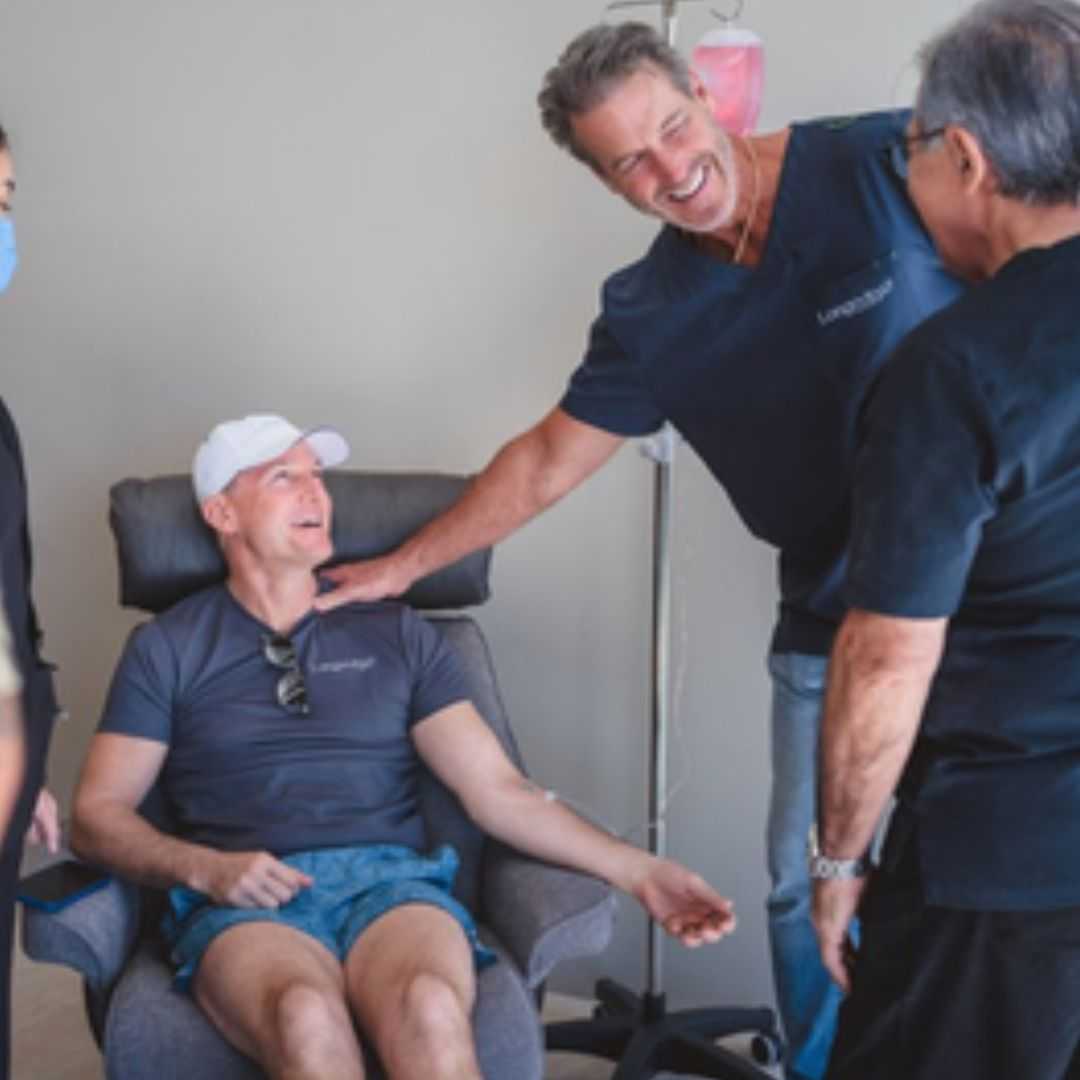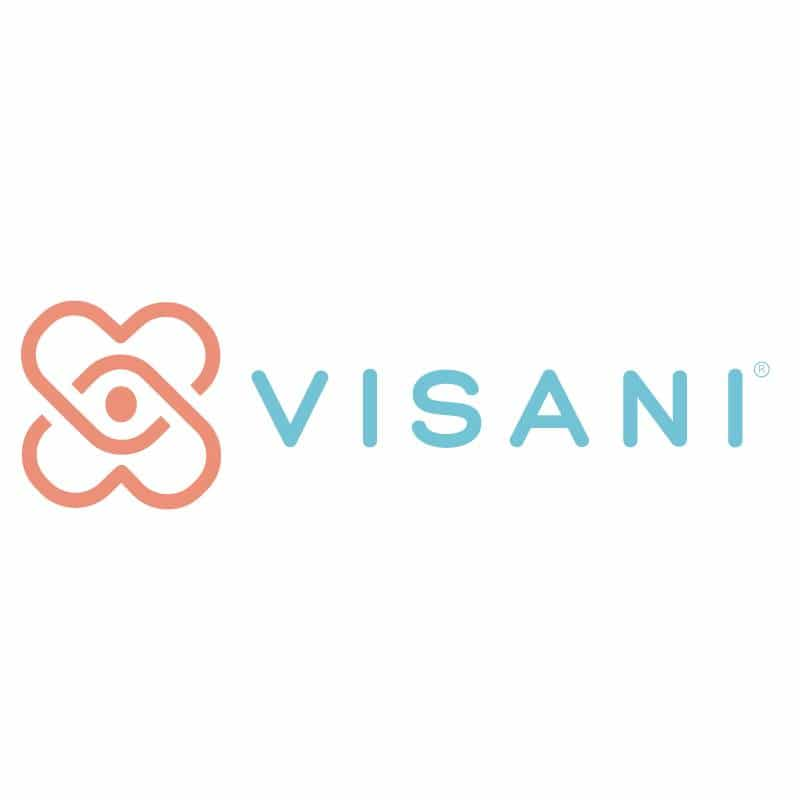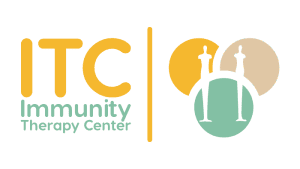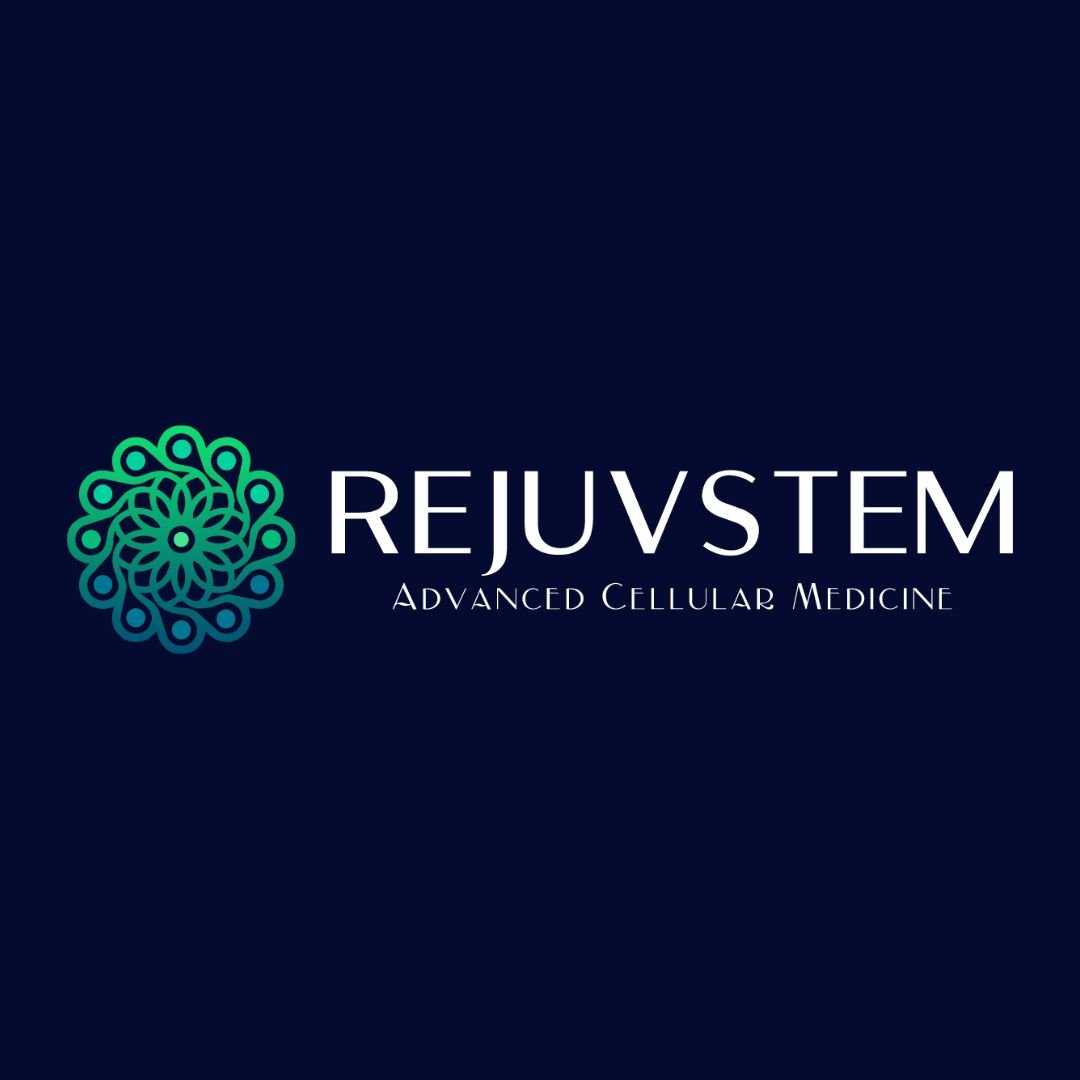Average Cost of Stem Cell Therapy for MND in Mexico
.jpg)
Motor Neuron Disease (MND) is a challenging condition that progressively affects the brain and spinal cord, leading to muscle weakness, paralysis, and significant impact on daily life. For individuals and families grappling with MND, the search for effective treatment options is continuous and often leads to exploring innovative therapies beyond conventional approaches.
Stem cell therapy has emerged as a promising area of research and treatment, offering a glimmer of hope by potentially slowing progression or alleviating some symptoms associated with this debilitating disease.
Mexico has gained recognition as a destination for medical tourism, particularly for advanced therapies like stem cell treatments, due to its accessibility, experienced medical professionals, and often more affordable costs compared to countries like the United States or Canada.
If you or a loved one are considering stem cell therapy for MND, understanding the financial aspects and what goes into the cost is crucial. This detailed guide will explore the typical costs involved, what influences them, and essential considerations when exploring stem cell therapy for Motor Neuron Disease in Mexico.
What is the typical cost range for stem cell therapy for MND in Mexico?
The cost for stem cell therapy targeting Motor Neuron Disease (MND) in Mexico is not fixed and varies significantly across different clinics and treatment plans. Generally, patients can expect to pay anywhere from $10,000 to $30,000 USD for a full course of treatment. This broad range accounts for several variables, including the reputation and experience of the medical team, the type of stem cells used, and the number of treatment cycles required.
Some clinics might offer basic packages at the lower end of the spectrum, which may include a single infusion, while more comprehensive programs that involve multiple infusions, preparatory therapies, and extensive post-treatment care will naturally fall at the higher end. It is vital for prospective patients to request a detailed breakdown of all expenses from potential clinics to avoid unexpected costs.
What factors influence the total cost of MND stem cell treatment in Mexico?
Several key factors play a role in determining the overall cost of stem cell therapy for Motor Neuron Disease in Mexico. Understanding these can help patients better anticipate expenses:
- Type of Stem Cells Used: Different sources of stem cells (e.g., umbilical cord blood, adipose-derived, bone marrow-derived) have varying procurement and processing costs. For instance, mesenchymal stem cells (MSCs) from umbilical cord tissue are often preferred for their regenerative potential and lower immunogenicity.
- Number of Treatment Sessions: Many MND treatment protocols involve multiple stem cell infusions or administrations over a period, rather than a single session. Each additional session adds to the total cost.
- Clinic Reputation and Technology: Highly reputable clinics with advanced facilities, state-of-the-art equipment, and extensive experience in neurological conditions may charge more for their services.
- Included Services: The comprehensiveness of the treatment package, including diagnostic tests, consultations, pre- and post-treatment care, rehabilitation, and accommodation, can significantly impact the price.
- Patient's Specific Condition: The severity of the MND, the patient's overall health, and any co-existing conditions might necessitate a more individualized and complex treatment plan, thereby affecting the cost.
What services are typically included in stem cell therapy packages for MND in Mexico?
When considering stem cell therapy for Motor Neuron Disease in Mexico, it's important to understand what a typical treatment package entails. While offerings can vary by clinic, most comprehensive packages for MND patients generally include:
| Service Category | Typical Inclusions |
|---|---|
| Pre-Treatment | Initial medical consultation, review of medical records, comprehensive diagnostic tests (blood work, imaging), personalized treatment plan development. |
| Treatment Day(s) | Stem cell harvesting (if autologous), processing, and administration (intravenous, intrathecal, or local injections). Medical supervision during and immediately after the procedure. |
| Post-Treatment | Follow-up consultations, post-treatment medications, and sometimes supportive therapies or rehabilitation recommendations. |
| Logistical Support | Airport pickup and drop-off, local transportation to and from the clinic, accommodation arrangements, and interpreter services. |
It is always advisable to get a written quote that clearly outlines all inclusions and exclusions before committing to a clinic for MND treatment. This ensures transparency and helps manage expectations regarding the overall expenditure.
Is stem cell therapy for Motor Neuron Disease legally regulated in Mexico?
Mexico has established a regulatory framework for stem cell therapies, primarily overseen by COFEPRIS (Comisión Federal para la Protección contra Riesgos Sanitarios). This agency is responsible for ensuring that medical treatments, including advanced therapies like stem cell applications for conditions such as Motor Neuron Disease, meet specific health and safety standards. Legitimate clinics offering stem cell therapy for MND are expected to be registered and licensed by COFEPRIS, ensuring a level of oversight and patient protection.
However, the regulatory landscape can sometimes be complex, and patients should exercise due diligence. It's crucial to verify that any clinic you consider for MND stem cell treatment operates within the established legal guidelines. This often means looking for clinics that transparently display their accreditations, have board-certified physicians, and can provide detailed information about their stem cell sourcing, processing, and administration protocols.
What types of stem cells are commonly used for MND treatment in Mexican clinics?
For Motor Neuron Disease (MND) treatment, Mexican clinics primarily focus on using mesenchymal stem cells (MSCs). These cells are highly valued for their ability to differentiate into various cell types, secrete beneficial growth factors, and possess strong anti-inflammatory and immunomodulatory properties. These characteristics make MSCs particularly appealing for neurodegenerative conditions like MND, where inflammation and cellular damage are key contributors to disease progression.
The common sources for MSCs in Mexican clinics include:
- Umbilical Cord Tissue: This is a popular source because umbilical cord-derived MSCs (UC-MSCs) are young, potent, and generally have a lower risk of immune rejection, making them suitable for allogeneic (donor) use.
- Adipose (Fat) Tissue: Adipose-derived stem cells (ADSCs) are abundant and relatively easy to harvest from a patient's own body (autologous use), which also minimizes the risk of rejection.
- Bone Marrow: Bone marrow-derived stem cells (BMSCs) are another autologous option, rich in progenitor cells, though the harvesting procedure can be more invasive.
The choice of stem cell source for MND often depends on the clinic's expertise, the specific protocol, and the patient's health status. Patients should discuss the rationale behind the chosen stem cell type with their physician.
How does the cost of stem cell therapy for MND in Mexico compare to other countries like the US or Canada?
One of the primary reasons patients consider medical tourism to Mexico for stem cell therapy, including for Motor Neuron Disease, is the considerable cost difference compared to Western countries. In the United States or Canada, similar experimental or approved stem cell treatments can be prohibitively expensive, often ranging from $50,000 to well over $150,000 USD, if available outside of clinical trials.
Mexico's lower operational costs, including labor, facility overheads, and administrative expenses, contribute to more accessible pricing. While the exact figures can vary, patients can often find comprehensive MND stem cell therapy packages in Mexico for a fraction of the cost they would encounter domestically. This affordability makes treatment a viable option for many who might otherwise be unable to access these therapies.
What are the important considerations when choosing a stem cell clinic for MND in Mexico?
Choosing the right clinic for Motor Neuron Disease stem cell therapy in Mexico is a critical decision. Here are important considerations to guide your choice:
- Accreditation and Licensing: Verify that the clinic is fully licensed and accredited by Mexican health authorities, particularly COFEPRIS.
- Physician Qualifications: Ensure the medical team, especially the lead physicians, are board-certified and have specific experience in neurology and stem cell applications for neurodegenerative diseases.
- Transparency in Treatment: The clinic should provide clear, detailed information about the type of stem cells used, their source, processing, administration methods, and the scientific rationale behind their protocol for MND.
- Cost Breakdown: Insist on a comprehensive and transparent cost breakdown, detailing what is included and what might be additional.
- Patient Testimonials and Reviews: Seek out reviews and testimonials from previous patients, particularly those with MND, to gauge their experience and outcomes.
- Safety Protocols: Inquire about the clinic's safety measures, emergency procedures, and infection control protocols.
- Follow-up Care: Understand what kind of post-treatment support and follow-up care the clinic offers.
What are the potential risks and side effects of stem cell therapy for MND?
Like any medical procedure, stem cell therapy for Motor Neuron Disease carries potential risks and side effects, even when performed in reputable clinics. While the goal is therapeutic benefit, patients should be aware of these possibilities:
- Infection: There's a small risk of infection at the injection site, particularly with intrathecal (spinal) or intravenous administrations.
- Immune Reaction: Although allogeneic mesenchymal stem cells (from a donor) have low immunogenicity, there's a theoretical, albeit rare, risk of immune response or rejection. For autologous cells, this risk is virtually eliminated.
- Tumor Formation: While extremely rare with adult mesenchymal stem cells, the concern for unintended cell growth or tumor formation is a theoretical risk sometimes associated with stem cell therapies.
- Procedure-Related Complications: Depending on the stem cell source (e.g., bone marrow aspiration, adipose tissue extraction), complications like pain, bruising, or nerve damage could occur at the harvesting site.
- Allergic Reactions: Patients might experience allergic reactions to anesthetic agents or other substances used during the procedure.
Most side effects reported are generally mild and temporary, such as fever, headache, or localized pain, resolving within a few days. Open communication with your physician about any concerns is crucial.
What is the process for international patients seeking MND stem cell therapy in Mexico?
For international patients considering Motor Neuron Disease stem cell therapy in Mexico, the process is generally streamlined to accommodate travel and medical needs. Here’s a typical pathway:
- Initial Inquiry and Consultation: Patients usually begin by contacting a prospective clinic online. This leads to an initial virtual consultation where they discuss their condition and treatment goals.
- Medical Record Submission: Patients will be asked to submit comprehensive medical records, including diagnostic reports, previous treatments, and a detailed medical history. This allows the medical team to assess eligibility and create a preliminary treatment plan.
- Treatment Plan and Cost Estimate: Based on the medical review, the clinic will provide a personalized treatment plan for MND, including the type of stem cells, number of sessions, duration, and a detailed cost estimate.
- Travel Arrangements: Once the patient approves the plan, they coordinate travel logistics, including flights, accommodation, and local transportation. Many clinics offer assistance with these arrangements.
- Arrival and Pre-Treatment Evaluation: Upon arrival in Mexico, patients undergo an in-person medical evaluation and additional diagnostic tests to finalize the treatment plan.
- Treatment and Recovery: The stem cell therapy for MND is administered as scheduled, followed by a period of observation and initial recovery at the clinic or nearby accommodation.
- Follow-up: Clinics typically provide instructions for post-treatment care and schedule follow-up consultations, which can often be done remotely after the patient returns home.
Why choose Mexico for stem cell therapy for Motor Neuron Disease?
Mexico has emerged as a preferred destination for medical tourism, particularly for advanced treatments like stem cell therapy for conditions such as Motor Neuron Disease. Several compelling reasons draw international patients to Mexican clinics:
- Affordability: As highlighted, the cost of stem cell therapy for MND in Mexico is considerably lower than in the United States, Canada, or Europe, making it a more accessible option for many patients.
- Advanced Medical Facilities: Many Mexican clinics are equipped with modern technology and state-of-the-art facilities, meeting international standards of care.
- Experienced Specialists: Mexico boasts a growing number of highly trained and experienced medical professionals, including neurologists and stem cell specialists, who are well-versed in treating neurodegenerative diseases.
- Regulatory Environment: While ensuring proper due diligence, Mexico's regulatory environment for stem cell therapies can sometimes be more flexible, allowing for a broader range of treatments to be offered compared to more restrictive countries.
- Geographic Proximity: For patients from the US and Canada, Mexico's close proximity makes travel less arduous and more convenient.
- Comprehensive Care and Hospitality: Many clinics offer comprehensive packages that include not just the medical procedure but also logistical support, interpreter services, and a warm, supportive environment.
For those exploring advanced healthcare solutions or medical tourism options, PlacidWay offers a comprehensive platform to connect with certified clinics and specialists worldwide. Explore solutions tailored to your needs, whether it's for stem cell therapy, complex medical procedures, or wellness programs.


.png)














Share this listing